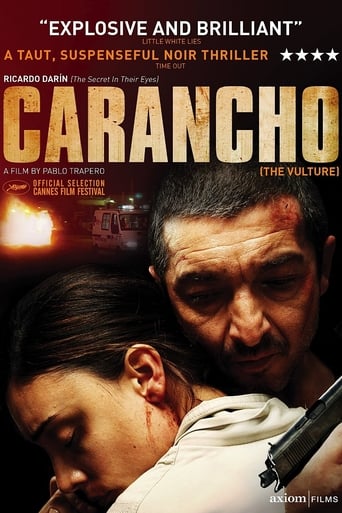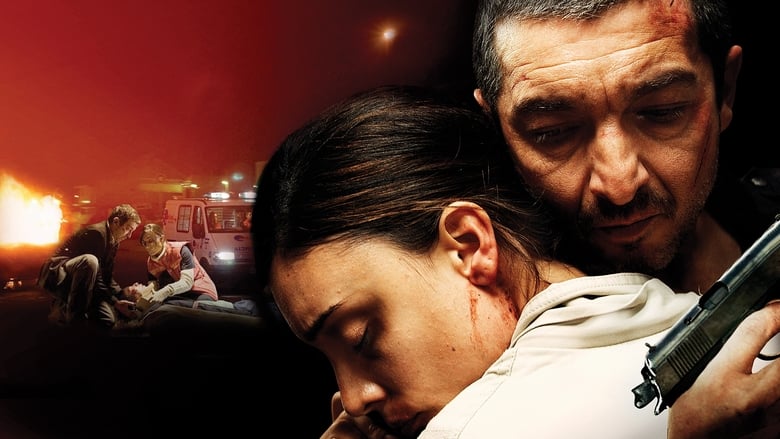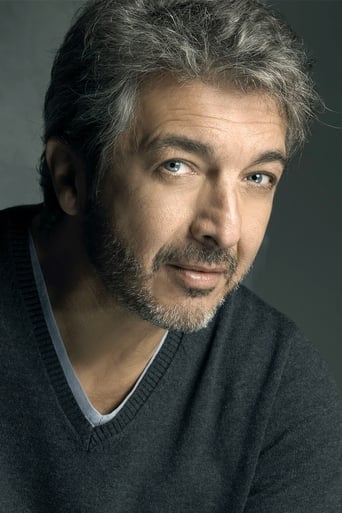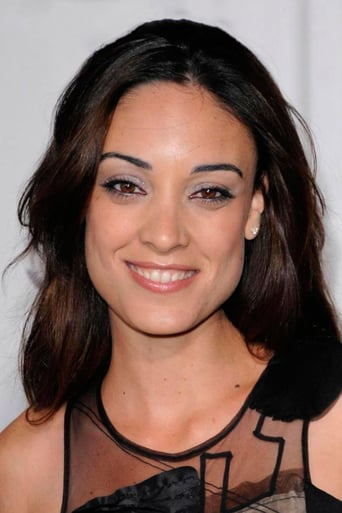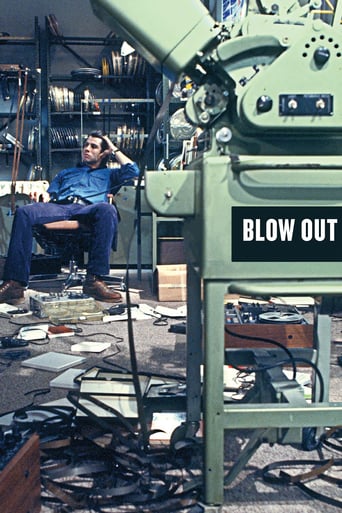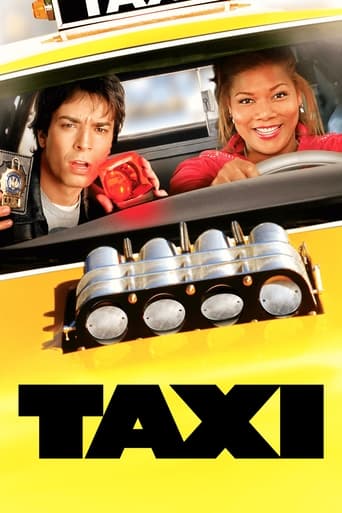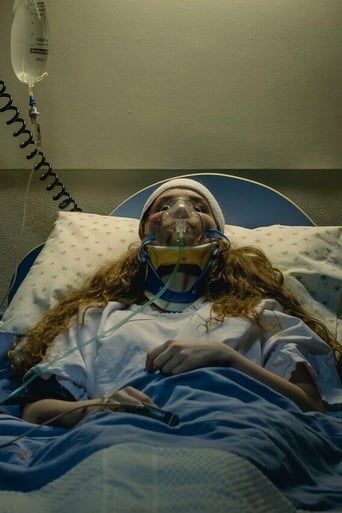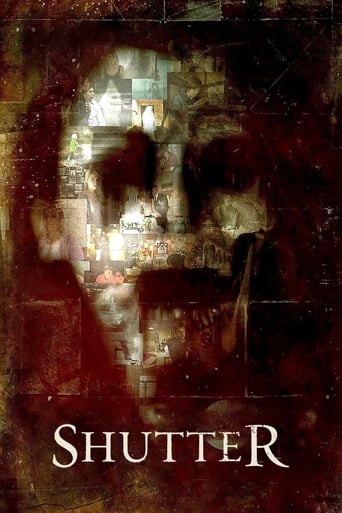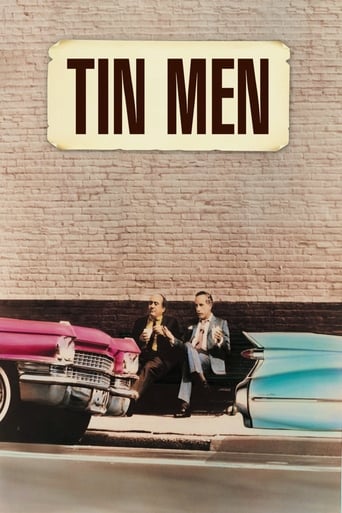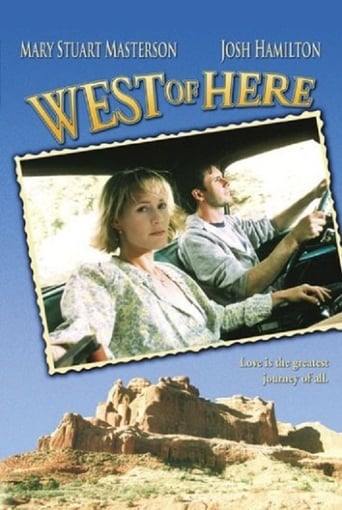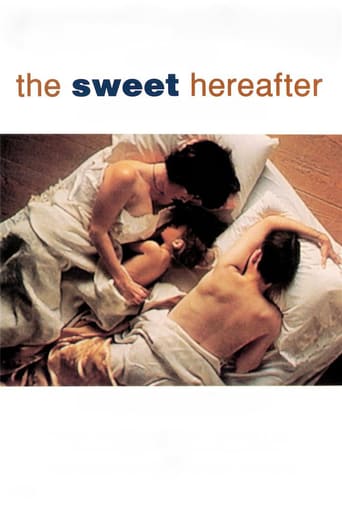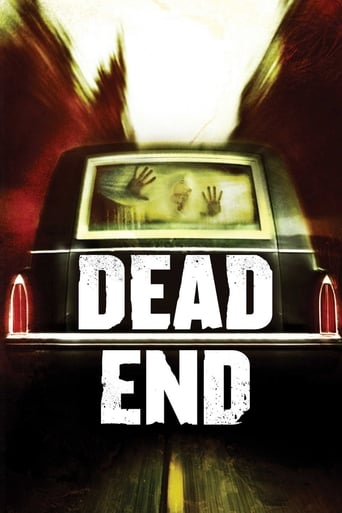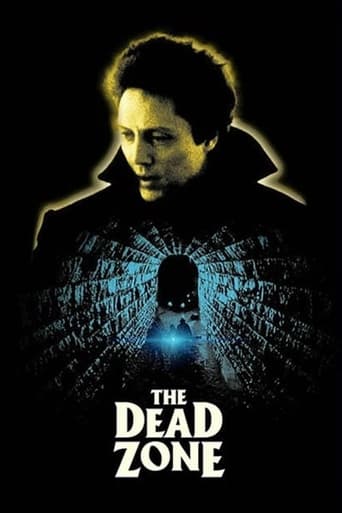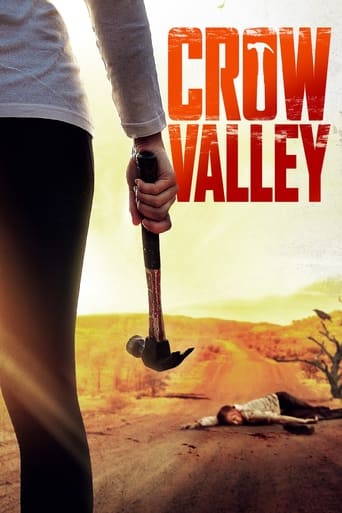Carancho (2011)
Sosa is a lawyer who haunts hospital waiting rooms hoping to represent the victims of traffic accidents in insurance claims. When he falls in love with ambulance medic Luján, he tries to leave this dark business but the shady law firm that he works for won’t let him off that easily.
Watch Trailer
Cast


Similar titles
Reviews
Great Film overall
Absolutely the worst movie.
Pretty good movie overall. First half was nothing special but it got better as it went along.
I cannot think of one single thing that I would change about this film. The acting is incomparable, the directing deft, and the writing poignantly brilliant.
After watching "Carancho" one feels afraid of being hit by a car, or a bus, in Buenos Aires, where traffic accidents are common. According to a statistic shown as the film credits unroll, some eight thousand victims of these mishaps die every year. In a way it is unfair to single out the capital of Argentina, but since this story happens to be based there, it our only reference point, as explained by Pablo Trapero with a warning before presenting the story.Sosa, a lawyer who has lost his license, is now working with an firm that specializes in litigation of victims. After the insurance companies pay the indemnization, the unscrupulous lawyers that tried the case give the actual victims only a small portion of what was due to them, pocketing the rest of the money. Sosa's boss, Casal, employs Sosa, who is desperate to get back on his feet, although he has all the intentions to cheat Sosa of what is due to him. Casal operates with the corrupt police chief, who is into the scam himself big time. There is an awful lot of money to be made out of the illegal activity.During his night rounds, Sosa meets a young doctor, Lujan, assigned to an ambulance. It becomes clear Sosa likes the young woman from the start. Lujan, in turn, has a dark secret of her own, something which she is not too proud of. It does not take Lujan a long time to realize what Sosa is doing. In spite of her realization, she is helpless to do anything when the people that want Sosa's activities get to her, threatening to harm her. As Sosa is putting his own scheme to elude his tormentors he becomes another victim of a traffic accident.Pablo Trapero directed this dark film in which corruption is exposed in a sector of society that is vulnerable because the horrible way people drive and the vultures that prey on the victims themselves. Mr. Trapero also contributed to the script. We had admired two of his previous films, "El Bonaerense" and "Leonera". He is a man that is interested in the small guy lost in a society that has little use for him. His stories are almost always set far from glamorous settings and devoid of elegance. Working with Ricardo Darin, right after his success with "The Secret in Their Eyes", must have been quite a challenge for both, the star and the director. Mr. Darin, whose style is more cerebral, here must endure some beatings as well as being asked for more physical action. Martina Gusman plays Lujan the ambulance doctor that ends up falling for an unlikely kind of man. Technically, "Carancho" has some incredible special effects that keeps the viewer thinking how real they appear. All the action is captured by Julian Apezteguia, the cinematographer who works with the dark colors of an action that takes place almost always at night.
I would have rated this movie higher but it had one of the most maddening endings I have ever seen in a movie. Not that the rest of the movie was that good. Without the bad ending I would have only increased my rating to 5 or 6.This is one of those movies where the main characters start off in a bad situation and then do one stupid thing after another until their hole is so deep there is no way out. One of the main characters is an attorney who has lost his license and has gotten involved with an ambulance-chasing outfit run by gangsters. The other is an emergency room doctor who shoots up in the bathroom so that she can cope with the long hours of her job.In most suspense thrillers, the formula goes like this. The good guys get badgered, threatened, and chased by the bad guys, narrowly escaping death, but in the end winning out, usually in some ingenious way. If you happen to like this formula, don't go see Carancho because the people who made it threw the formula out the window.**SPOILERS** As our heroes are driving away from a climactic gun battle having miraculously survived a horrific car accident and a shower of bullets coming through their windshield, they are hit by another car. The guy ends up dead and the girl's condition is apparently serious. The screen goes black--end of movie. I don't know about you, but to me the tragic ending is becoming a cliché in movies. I think that killing off a main character at the end is an overused trick some filmmakers use to make their movies more dramatic or artsy. OK, I agree that filmmakers WERE following the film noir formula: If the hero does something unforgivable, he must die. But that explanation of the ending only leads to another problem. Why did Sosa kill his boss in cold blood? Sure, his boss had Sosa's girlfriend slapped around, but it was out of character for Sosa to beat the guy to to a bloody pulp. Sosa is a petty criminal, but not a killer. In fact, it seems that the main reason for having Sosa murder his boss and having his girlfriend be a drug addict was so that they would be "dirty" enough to be killed or suffer greatly at the end.
In the 60's there was a phenomenon in Latin-American literature that is today reduced to the word "boom". A very good number of writers throughout the continent began producing groundbreaking work, they broke every formula and introduced new possibilities to literature, unknown so far. Márquez, Rulfo, Llosa, and notably, in Argentina, Cortázar and Borges, among others. Today that trend still weaves its consequences (Chico Buarque has been a revelation as a writer, although Brazil is quite a different world). But i think that lately, those willing to explore new territories in narrative and storytelling have been working more in cinema. Márquez and Borges are 2 well known (and great!) film goers and critics. Anyway, Latin-American cinema today is the heir to the developments in Latin-American literature produced in the last 50 years. In the argentinean case, there was a major set-back in the country at the beginning of this century, corruption and incompetence led the country to bankruptcy, and the intellectual class rebels against that, so (like in Brazil!), argentinean cinema is usually densified by the social concerns of argentineans.Literature and social context are, thus, the 2 great frames where a film like this is integrated.And what a good film. The first thing done here is the establishment of a strange world, of people who live under different routines, performing different jobs, conquering the world in a different way, yet in the same sets of the ordinary "real" life, with which once in a while they intersect. The man, someone who chases people who've been run over by cars to collect the insurance money, and many times simulates the running over. The woman, who lives by night, as a doctor on site for first aid. And the insight into a corrupt underworld, where we only hint that somewhere close there are honest people. By itself this is a bizarre, tense, and cinematic world worth visiting. Over it, there is a layer of poetic sensitivity that eventually springs out of the male character, through his infatuation with the woman. So, on the core, we have a common story of a weak man who redeems himself because of love, but set in a strange repulsive yet fascinating world. This could be a short by Cortázar.And on top of everything, the wheel that makes this world spin, is the boldness and visual power with which this is made. Practically every significant shot is enormous and without cuts. For how the camera is handled, we're entering the vast beautiful tradition of Orson Welles (that from Touch of Evil) as interpreted by the incredible Alfonso Cuarón, notably on a huge film, Children of Men. This camera is unobtrusive yet manages to be on it should be. It knows everything that's going to happen, and it plays with us to show us more often than not and off-field that's puts us away from the action only to find us as unaware of what's going on as every other character in the film. This is really top work, i don't remember seeing this kind of visual grammar so well manipulated recently. Quite apart from the production obstacles of engineering such long shots, and the tough acting of these actors, with really fine performances, i was amazed at the level of manipulation employed, how this director and DOP understand the subtleties of the devices they use. I'll want to see more of them. Anything. Of all the sequences, the final 8 or 9 minutes are the best. See over and over again if possible, the last shot. *possible spoiler* the camera starts at a garage, goes on to the inside of a car, assists to a car crash, sees a street shooting, enters another car, to end up with yet another car crash. Without cuts, with a vividness and wildness with few precedents. What a ride!My opinion: 4/5
One thing that works in this movie is the chemistry between Sosa and Lujan, a discredited lawyer and a drug-addicted emergency room doctor with a self-destructive personality. The picture comes close to the Warner Bros. B-picture genre of the 40s, with the exception that there is no on-screen moral center. Lujan, played by Martina Gusman, quickly moves over to the dark side. Cynically, her drug addiction feels like an after-thought added by one of the writers to explain her compulsions, that go so quickly out of control. Her attraction for Sosi comes out of left field, and the drug addiction is probably an attempt to justify this, but seems over the top and unnecessarily to stack the deck against her. In any case, her habit should have been introduced earlier. The lawyer, Sosa, played by Ricardo Darin, is nasty. He goes after Lujan's assailant with uncontrolled violence and rage --far different than Bardem's understated emotional turmoil in 'Biutiful,' in a similar situation. Finally, why the incomprehensible deus-ex-machina ending? The filmmakers had a more interesting setup than I think they knew how to develop.

